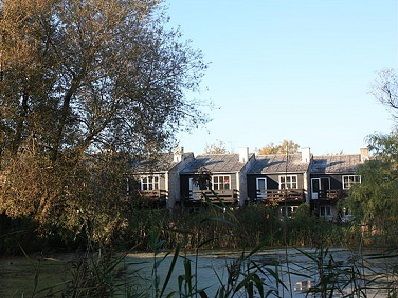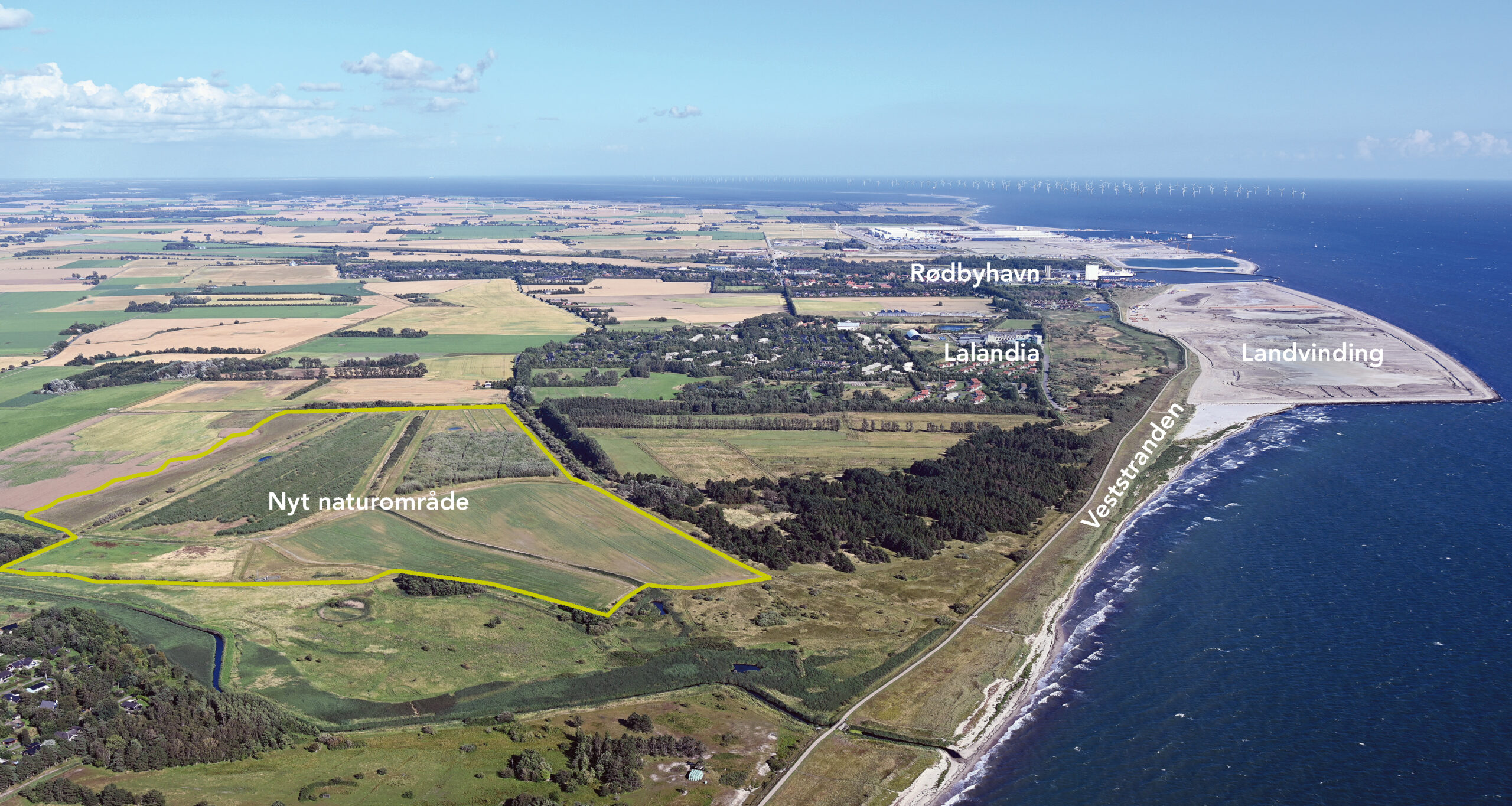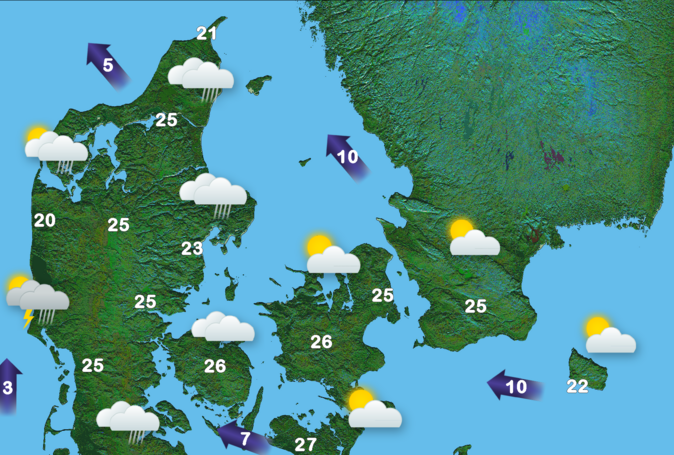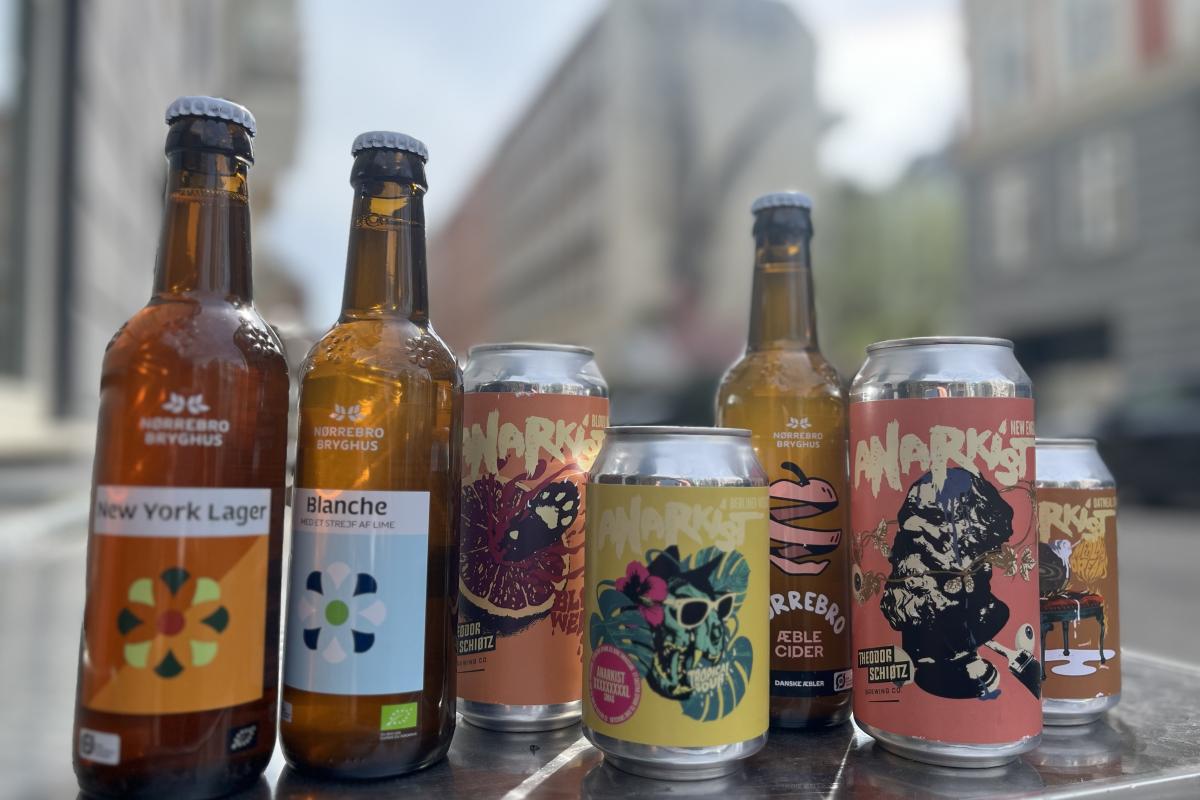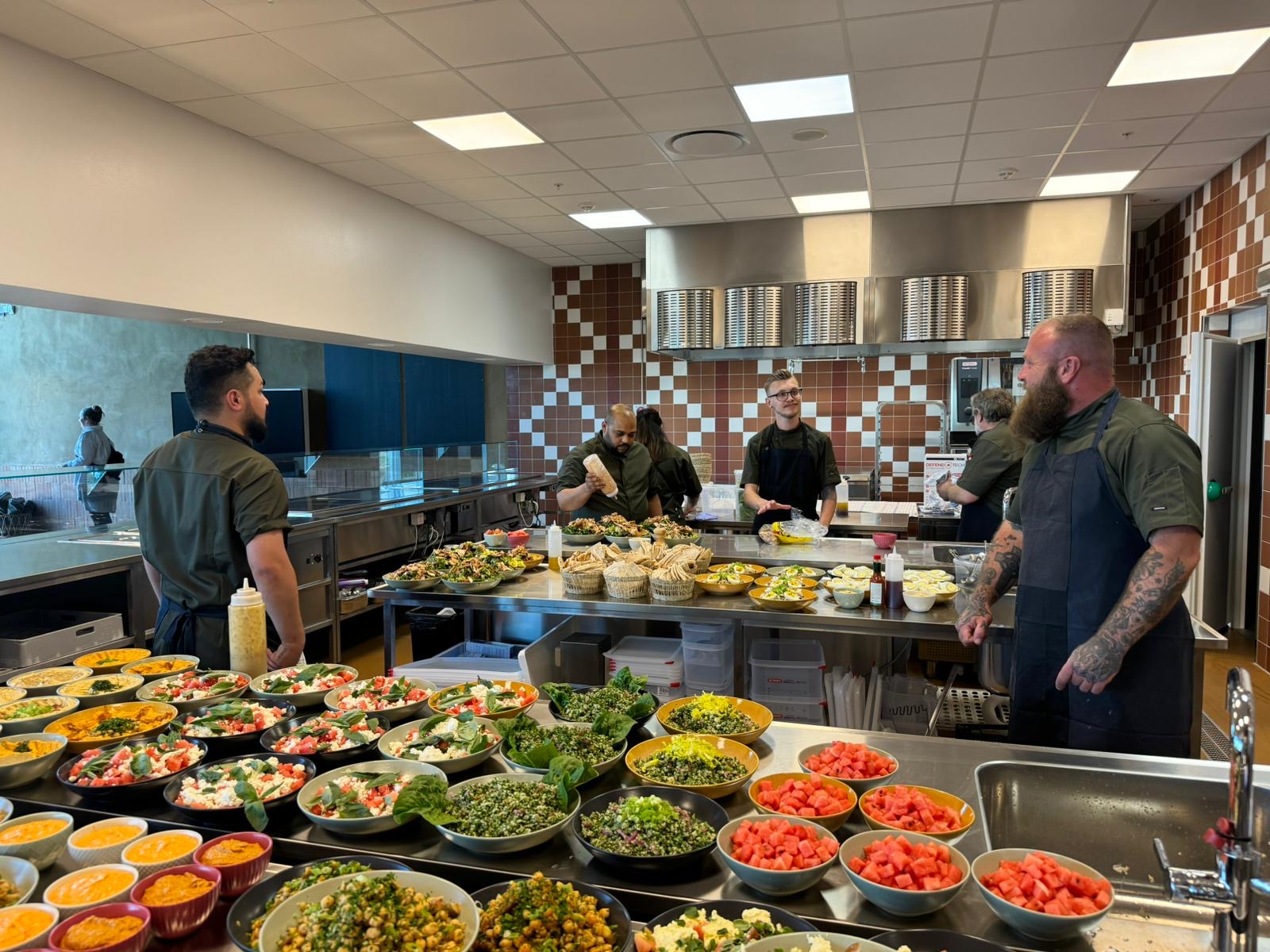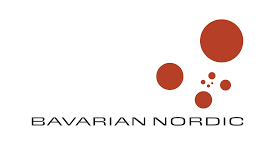If adopted, a new proposal from the government and Dansk Folkeparti ought to make it easier for would-be renters to get access to public housing – and especially the more sought-after flats and houses.
At the moment, vacant housing is offered to people on internal waiting lists so that those who already live in the block or complex in question have priority. Only if there are no takers can people from outside be considered.
Welcoming outsiders
The government would like to see external waiting lists as well, and every second public housing vacancy offered on these lists, reports DR Nyheder.
“The fact is that all of us contribute to the public housing sector – there are both municipal and state subsidies,” said transport and housing minister, Ole Birk Olesen.
“So I feel that it doesn’t make sense to differentiate so much so that those who already have public housing accommodation have first choice when it comes to the attractive ones, whilst the other people have to wait.”
New blood
The agreement should also lead to more equality because it would give the municipalities and housing associations more say when it comes to ensuring that ‘new blood’ comes in when housing becomes vacant.
READ ALSO: Social housing efforts in vulnerable neighbourhoods work
Socialdemokratiet has given a cautious welcome to the proposal, but it is waiting to see how it is received by housing associations.
The party’s housing spokesperson, Kaare Dybvad, also points out that it could have the effect that people might drop the idea of moving in to the less attractive housing in order to work their way up the system to gain access to the more attractive addresses.

